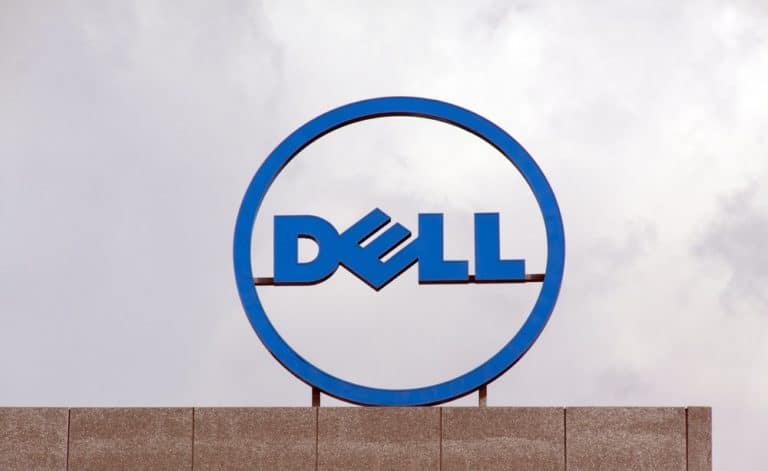Dell launches new components for its Unified Workspace product. This includes a collaboration with Google for the Chromebook Enterprise-laptops, about which we reported earlier, is part of this.
According to Dell, the laptops should make it easier for businesses to get seamless access to the cloud. In addition to the new laptops, a number of improvements have also been announced for Dell Unified Workspace. This mainly concerns more extensive support services and better security.
Remote management
New additions to the Dell ProSupport Suite, for example, should enable IT professionals to remotely manage devices. System administrators get better information about the use of applications and the performance of those applications. In this way, the experience of the end users can be improved or maintained more quickly.
There will also be a simpler way to set passwords from Dell BIOS Admin and use them with a password vault, all remotely. This is done via VMware Workspace ONE. Workspace ONE also now integrates with Dell SafeBIOS for automated security.
In addition, a feature has been added to make Workspace ONE persistent. This means that even if Workspace ONE IT professionals are removed, they can remotely reinstall the system. Errors on the part of end users or damage caused by cybercrime therefore pose a less serious threat.
Support for IT professionals
Another new service is Dell ProManage for end users. This managed service helps companies to improve IT processes, create better support and thus increase end user productivity. Dell experts can become part of a company’s IT teams, as it were. This service includes a 24/7 service desk, device management and account management.
Finally, there is a new program for training IT professionals in the use of Unified Workspace. When employees complete this training, they will receive a Dell Technologies Unified Workspace 2019 co-skilled badge, which can be added to employees’ CVs.
This news article was automatically translated from Dutch to give Techzine.eu a head start. All news articles after September 1, 2019 are written in native English and NOT translated. All our background stories are written in native English as well. For more information read our launch article.